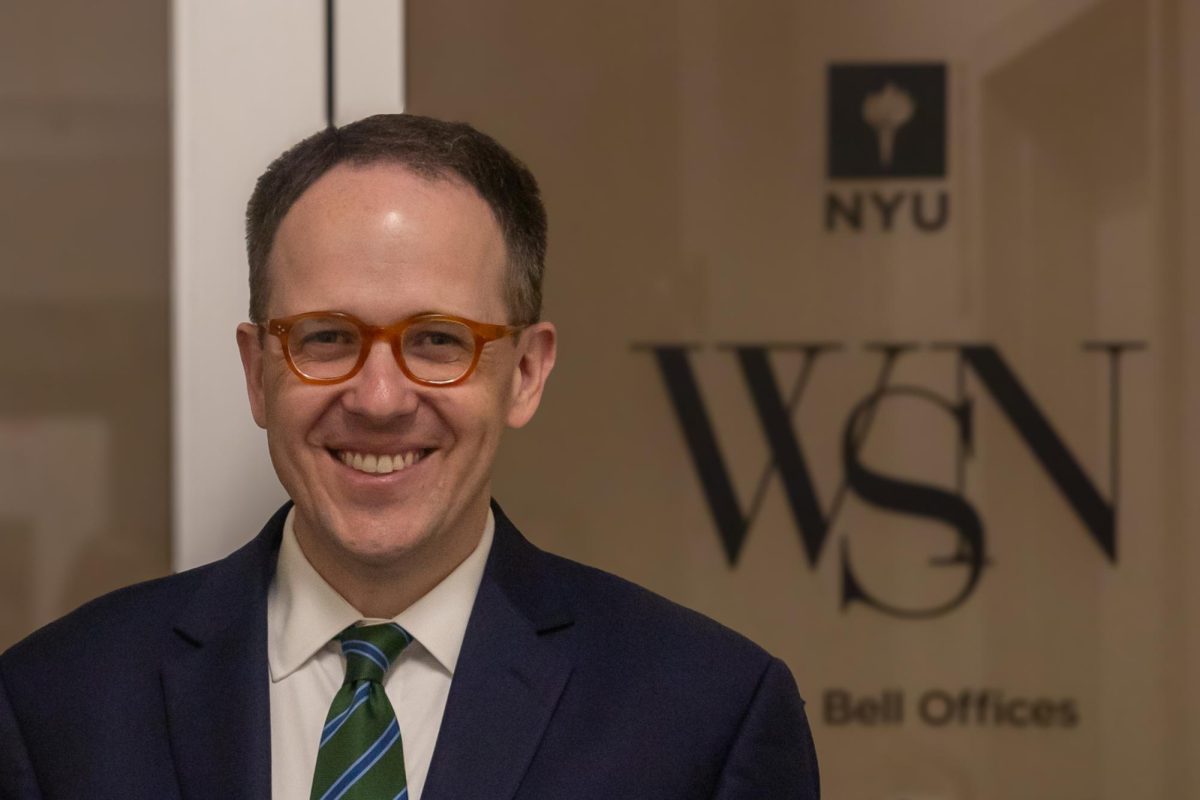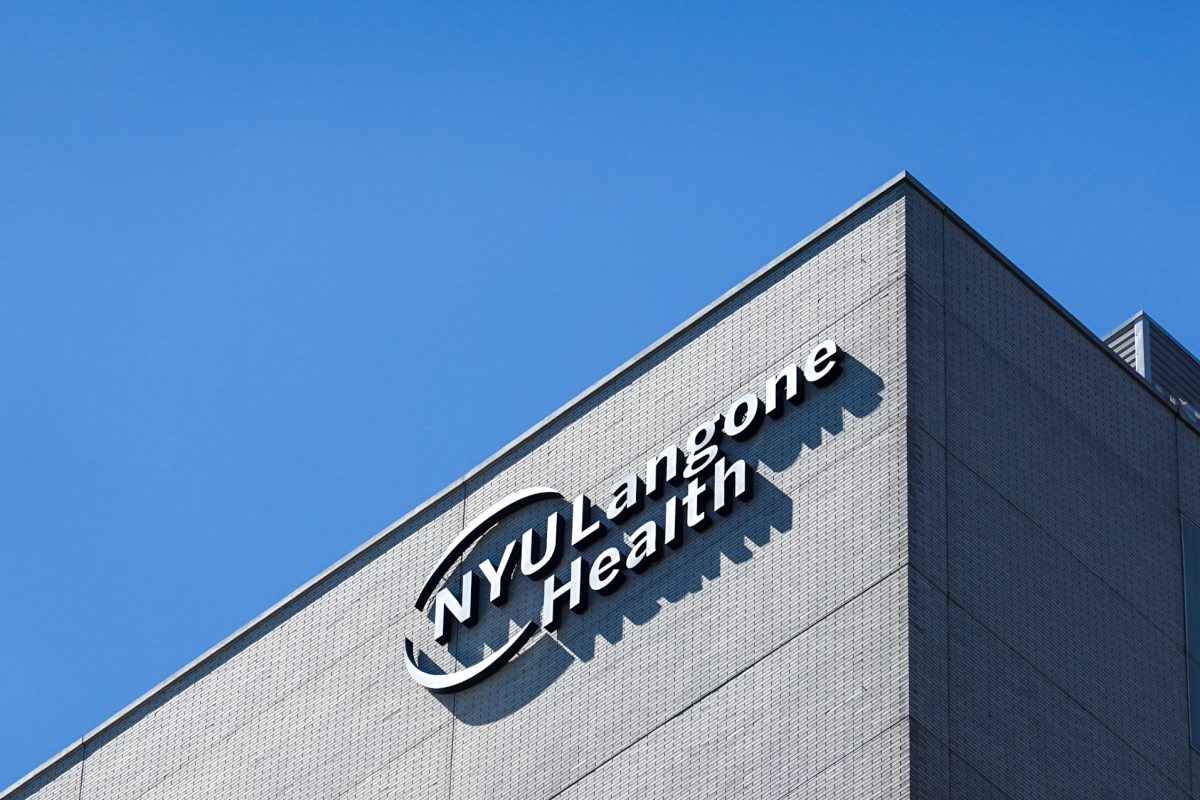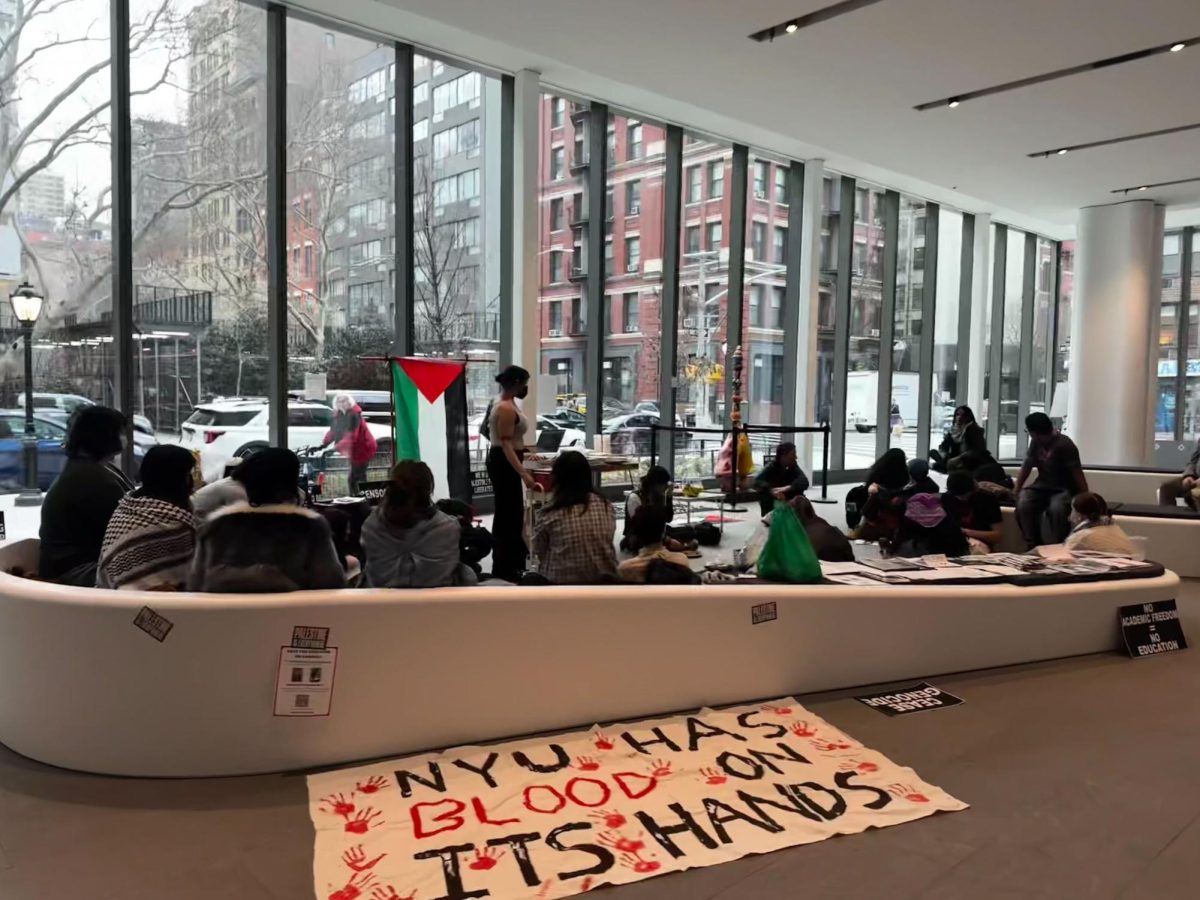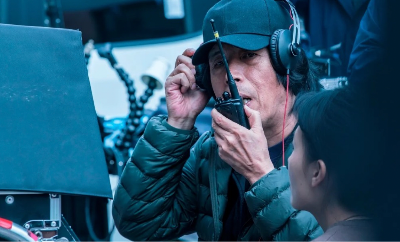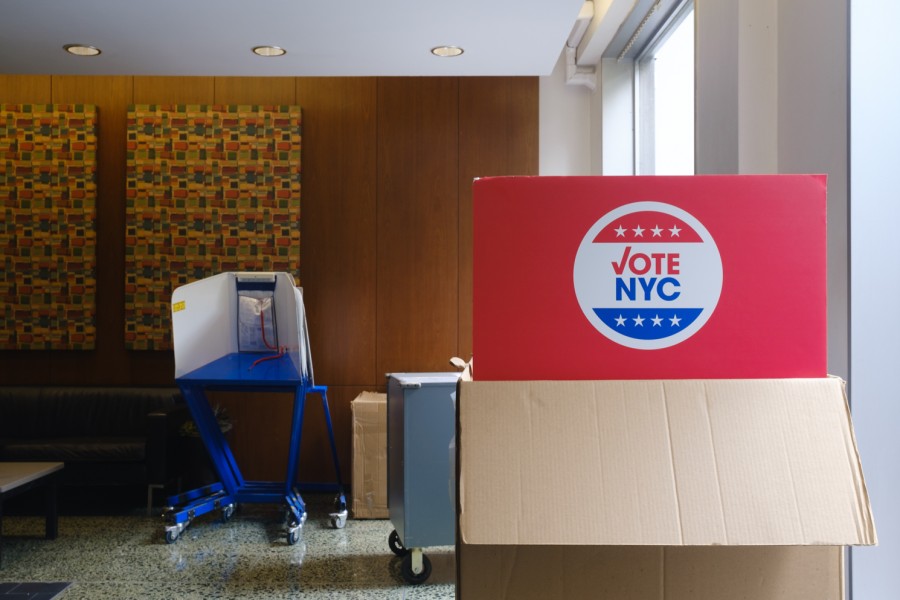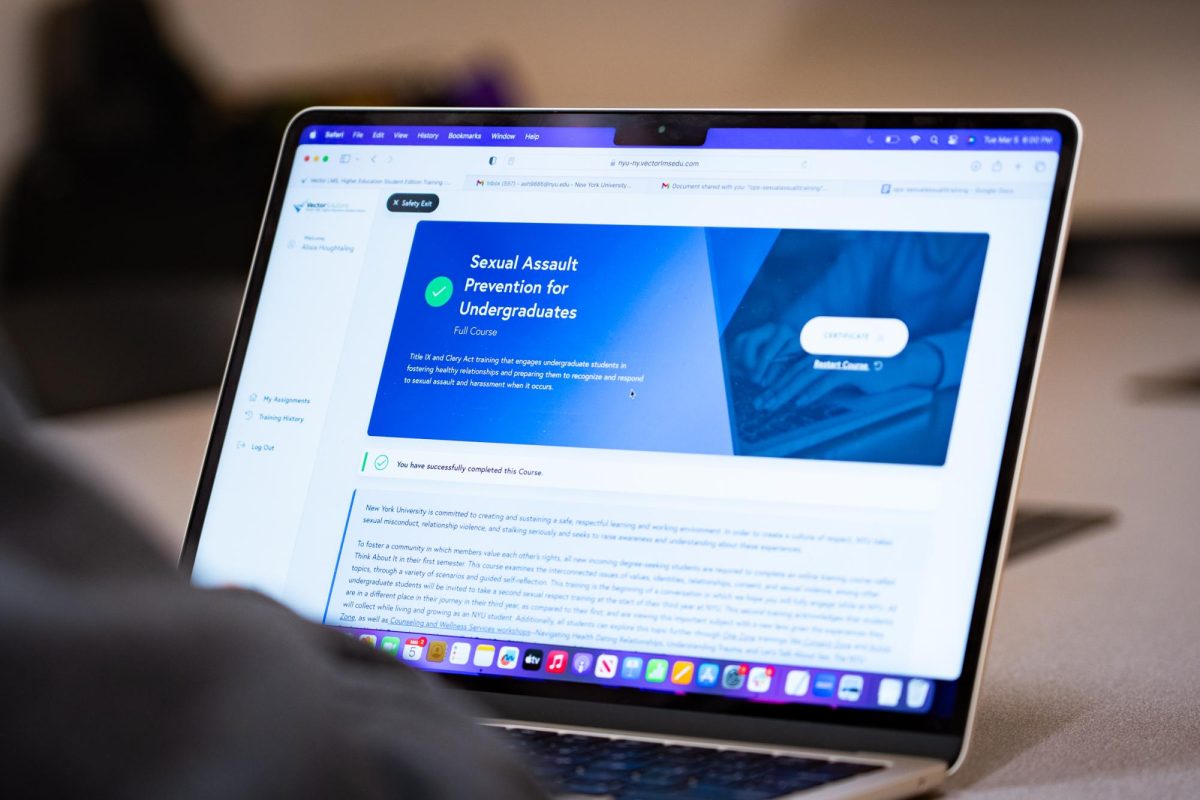Necessity defense necessary for Flood Wall Street 11
March 4, 2015
The Flood Wall Street 11, a group of protesters who refused to plead guilty to charges of disorderly conduct during the Flood Wall Street demonstrations on September 22, could have their charges dropped. A Manhattan criminal court judge implied Monday that he would consider hearing their defense that the conduct was necessary due to the severe impact of climate change. This group of 11 activists, including NYU sophomore Bex Kuuleipoinaole, are the only protesters out of over 100 arrested who chose to fight the charges rather than accept a plea to stay out of trouble for six months. Further civil disobedience and large-scale marches like the People’s Climate March, which occurred the day before these arrests, may be required to bring about true change. Given the severe impact climate change is expected to have on New York City in the next several decades, the necessity defense these activists are using is justified.
Necessity defense is the idea that some actions, despite being illegal, are the lesser of two evils in a given scenario. A common example is breaking the speed limit while driving a dying person to the hospital. This is not the first time activists have used this defense. In September 2014, the Bristol, Massachusetts, district attorney dropped charges against two environmental activists who blocked a coal delivery because of the dangers associated with burning fossil fuels. In 1991, the Criminal Court of the City of New York ruled that a protest organized by Transport Alternatives was a lesser evil compared to the air pollution city car traffic creates.
According to the 2015 New York City Climate Change Panel Report, destructive environmental changes are projected to affect the city in the coming decades. Average annual temperatures, as well as the number of heat waves per year, are expected to increase substantially. According to a Columbia University study, the New York City region is low-lying and at an increased risk of flooding. These rising sea levels will make the city yet more vulnerable to severe coastal flooding, and in turn, cause infrastructural damage at city airports. As we saw just two years ago with Hurricane Sandy, New York City is far from immune to natural disasters. The effects of climate change will pose a serious threat to the city’s safety, and the Flood Wall Street 11 are bringing critical attention to the problem.
Climate change is something that New York City cannot afford to stay silent on. In a year marked by partisan squabbles, we cannot allow something so dangerous to be dismissed as merely a disagreement over the facts. The necessity defense is not always successful, but the activists, whose trial began Monday, have a message to which city officials must pay attention.
A version of this article appeared in the Wednesday, March 4 print edition. Email the WSN Editorial Board at [email protected].










